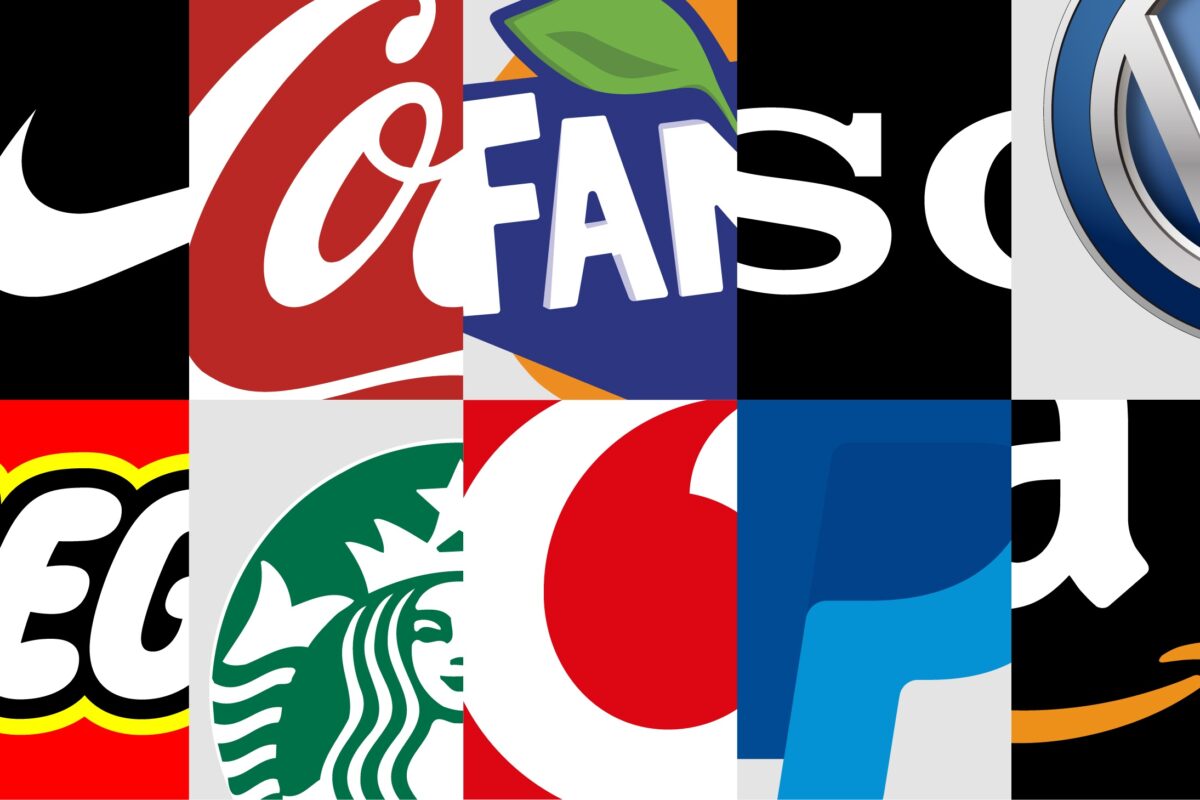In Buy Me!, his latest book, consumer behavior expert Marshall Cohen talks about how to retool your products and your marketing to one-up your competitors. Or as the book’s subtitle suggests, “new ways to get customers to choose your product and ignore the rest.”
Marshall Cohen is the chief industry analyst for The NPD Group Inc., a worldwide leader in market research and consumer behavior. He has followed retail trends for more than 30 years, and is a frequent contributor to broadcast and print media outlets.
We sat down with Marshall to talk about how naming can help – or hinder – the process of differentiating your brand and driving consumer choice.
Q: Marshall, when you look at everything that goes into selling at retail, how important is a name? Can a good name counteract bad strategy?
Yes, just look at the title of my latest book … Just kidding. Actually, what is in a name means a lot to a product. Sometimes it is the catchy name that gets the attention of the consumer. It may be because it stimulated an impulse or simply caught their eye.
Another consideration is that the name is easy to remember and share with others, so word of mouth (still the most popular form of recommendation for products) becomes even easier or the name becomes so familiar that consumers jump on the popularity bandwagon. As in, “I’ve heard of that somewhere, so it must be good…I should buy it.”
Q: Do retailers know something about naming that would benefit other marketers?
Finding a name that consumers will recognize and/or trust plays a huge role in the name game. Look at how many retailers are buying old names and resurrecting them. From dollar stores to mass merchants to even department stores, retailers are creating private label programs with recognized names from the past. Some examples: Bobbie Brooks at Dollar General for sportswear, White Stag at Wal-Mart, Tommy Hilfiger at Macy’s.
Also the continued use of celebrity brands in the fragrance market is another example of using popular or celebrity tie-ins for sexy product names. While only 7% of the fragrance market, celebrity fragrances get almost all the press and marketing push.
Q: One of your new retail rules is to “exceed expectations.” Is the brand name part of that? What if it actually over-promises, as in the brand name Goldstar – an ambitious name for electronics with a mediocre performance record.
Glad you brought up Goldstar. After this entry price point brand found itself waning in the market, they re-engineered their name. Goldstar became LG. Few consumers know this, but what a difference a name makes. After the Goldstar reputation of making less expensive and less desirable products got to a point where the makers found that the competition for low-end products was overtaking them, they regrouped and renamed.
They got a new lease on life with a new name. The new name allowed them to also redesign their go-to market strategy and create new and innovative products. LG almost instantly became an industry leader in providing technologically advanced electronics and other products. They really made new/different products and created a new name which in turn allowed the consumer to discover (or rediscover) them.
Q: Another of your new retail rules is to “offer distinctive products.” Do you believe a breakthrough product should carry a name that breaks away from the field? What examples come to mind?
Vitamin Water by Glaceau. In the very competitive sports drink market, just look at how they were able to change the dynamic for themselves. They created a range of water from just bottled water, to Smart Water, to Vitamin Water to even Zero Water.
They widened the range of water a consumer can choose from – which flavor they prefer, and with each flavor there are choices that are enriched to help you revive, focus, power up your vitamin C, improve your balance, your essential vitamins, your endurance, your energy, your stress – just by choosing a specifically named product, all within the same product family.
Q: It seems that store brands and private labels have taken a leap forward in quality and design. 7-Eleven has its Santiago beer to steal share from the Mexican import Corona. Wal-Mart has Equate analgesics and Spring Valley vitamins. Stop & Shop Supermarkets has Nature’s Promise, a line of natural and organic foods. Are these names emblematic of the new direction in store brands?
Absolutely yes, the desire to create names that can compete with the “big boys” is done by design. After all, how do you take on the big brands, with big brand perceptions. Gone are the days when the spaghetti in the plain white box offering the lowest price means “value.” Value today includes a less expensive price, a competitive product and a name that is believable and can carry the weight that matches up to the “sexy” brands.
Q: You write about the “flood” of infomercials at all hours of the day and night. It seems the vast majority of names used by the “As Seen On TV” crowd are either highly descriptive (Swivel Sweeper, Shoes Under, One Second Needle); or benefit-driven (Hercules Hook, Windshield Wonder, Smooth Away). Are there specific pros or cons to either approach?
When you can sell with the name it is a good name. In today’s competitive world of products as well as information overload, it takes a lot of advertising to make a name easy to remember. Or a name that tells it like it is.
Shake Weight, whether it works or not, it sure is easy to remember. Just the name alone lets you figure out how simple the product is to use and to get your arms toned like an Olympic weightlifter. If you can tell the consumer, in a believable way what your product does, just in its name, it is a meaningful name. By general rule of thumb, a strong name is a name that helps market the product.
The Blake Project Can Help: The Customer Experience Workshop
Branding Strategy Insider is a service of The Blake Project: A strategic brand consultancy specializing in Brand Research, Brand Strategy, Brand Growth and Brand Education




